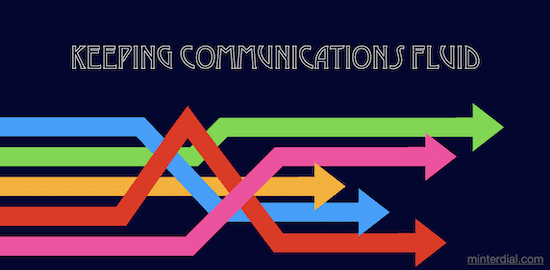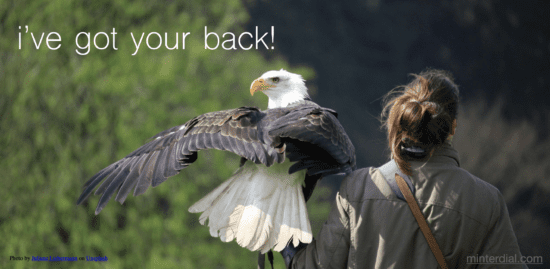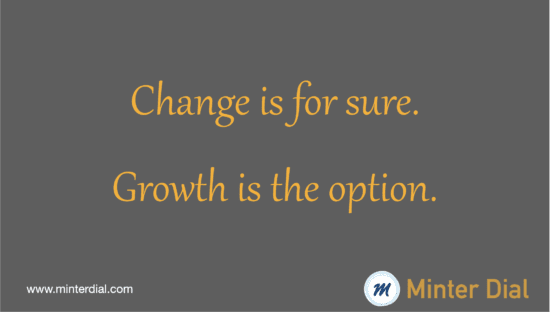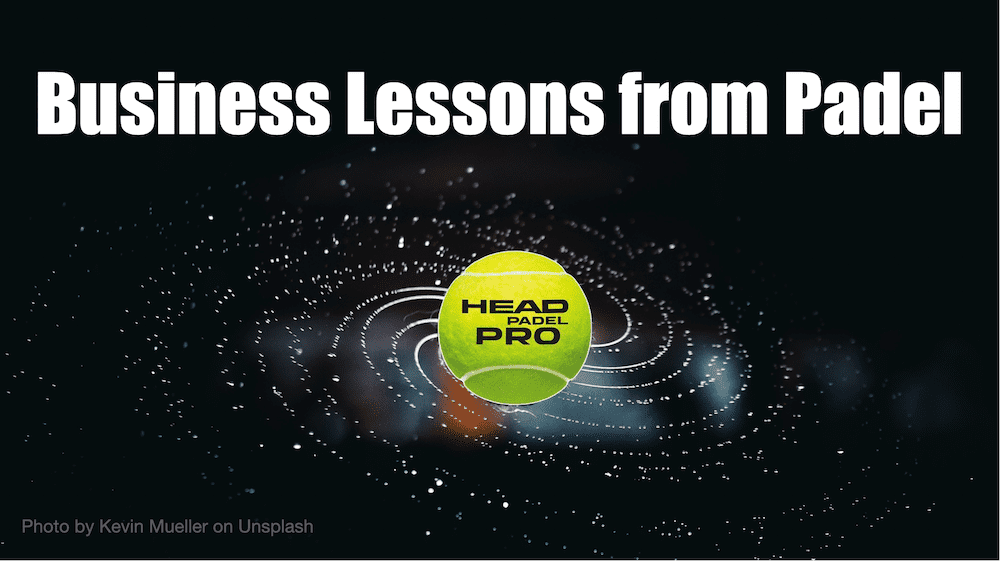Padel as a Game for Team Building, Improving Communication Skills and Collaboration
By its nature and history, padel (tennis) is fun, social sport. But, padel is much more than that. It’s a highly engaging and strategic sport that can be used as a powerful tool for team building, and developing communication and collaborative skills. Padel requires players to plan, plot and work together. Communication is vital and the variety of shots and tactics requires tremendous coordination and thoughtful decision-making. As a sport played in doubles, the importance of teamwork is emphasized. It’s also interesting to explore how, through padel, you can learn to better manage time.
When, why and how to enhance your communication … and collaborative skills through padel
As we all know, communication is the lifeblood of any organisation, including as partners on the padel court. I am convinced that through padel, players and teams can develop their communication and collaborative skills. I see it happening with the pros and, sometimes, among the amateurs. When not working on technique, working on your communication skills is supremely important. Unlike most sports, padel requires communication to happen throughout the game, including during play. There are different moments that require or allow for different types of exchanges (not all of which are exclusive to padel I should point out):
- When setting out to choose your partner, the players (and their coach if you’re pro) will need to fix their ambitions and why they have chosen one another. Having decided on who plays on which side, each will share their general strengths and weaknesses. The more each is able and willing to be open and to share their vulnerabilities, the better the bond. The players will train separately and then together on various patterns and sets of shots. Fitness is, as in any physical sport, essential. You won’t make any step changes in your game unless you practice. As Coach Paul Assaiante asserted in his podcast with me, “You want to practice more like you compete. And so, that’s really the crux of it. Practice has to be unpleasant…On game day, a coach’s job is to take the pressure off.” During the non-tournament time, it’s also absolutely essential that the players spend time together away from the court. That’s not just to watch educational videos, but to socialise together, more informally. As much as padel is a serious sport, the complicity of the players is essential for the long-term health of the team. The lessons for business: Make sure your why is clear, well understood and shared. As I’ve long written, business and branding is personal, which means bringing your whole self to work.
- Prior to a specific match, a game plan must be put in place, including contingency planning. Court conditions and weather will play a part in how to navigate the match. The lesson for business: Preparation and planning are non-negotiable. But knowing the context is critical. This point is often overlooked in business.
- Before going on court, the players and coach are now gearing up to go to battle. This is where it’s important to consolidate the team spirit and remember why they’re playing together. When stressful points occur — as they inevitably will — or one of the players makes a silly mistake, it’s important to stand in unisson. Lesson for business: When the why is clear, you can call on your purpose to help get through difficult times.
- In between virtually every point, the players will touch base with one another, syncing their thoughts and energies, learning or adjusting according to what just happened and what is coming up. Lesson for business: Key relationships need to be treasured and maintained.
- During the points, the players should be in constant communication. First of all, they must be moving in sync with one another, side to side, and back and forwards. This can also come in the form of non-verbal gestures. But most obviously, the players must help one another out by giving out information or suggestions when one is either retrieving a ball off the back wall with their back to the opposition, or readying to strike a lob, which requires focus on the ball above. In those instances, the player off the ball must tell his/her partner where and what the opposition is doing. Learning how to work with one another, how each reacts to certain instructions take time to figure out. Lesson for business: just because you are not in the spotlight, doesn’t mean you’re not important. Learning how to adjust in the heat of the moment is vital in a fast-changing environment.
Keeping communications fluid
 Good communications are inevitably two-way. Intelligent communication involves adapting your style of communicating to the other and listening intently. Active listening is crucial in padel as partners need to coordinate their movements and shots. Even though you’re focused on the ball, you need to listen keenly to what your partner is telling you. When you watch certain pros (for example, Marta Ortega and Gemma Triay — see below), you can literally hear them having an nonstop conversation throughout each point. This listening will sometimes happen in silence since there may not be time to speak in the heat of the action. Especially when balls are sent down the middle, it’s important to sort out how to manage these balls. Who’s going to take responsibility in that moment? Hint: it’s useful to discuss in advance how you plan to deal with balls down the centre, according to where it’s coming from and what sort of ball it is. This interplay fosters a collaborative environment, encouraging players to sort out problematic situations. It’s generally better for both players to go for the ball (i.e. to take on the responsibility) than to let the ball through. By having fluid and clear communications, teams will be better able to compete together.
Good communications are inevitably two-way. Intelligent communication involves adapting your style of communicating to the other and listening intently. Active listening is crucial in padel as partners need to coordinate their movements and shots. Even though you’re focused on the ball, you need to listen keenly to what your partner is telling you. When you watch certain pros (for example, Marta Ortega and Gemma Triay — see below), you can literally hear them having an nonstop conversation throughout each point. This listening will sometimes happen in silence since there may not be time to speak in the heat of the action. Especially when balls are sent down the middle, it’s important to sort out how to manage these balls. Who’s going to take responsibility in that moment? Hint: it’s useful to discuss in advance how you plan to deal with balls down the centre, according to where it’s coming from and what sort of ball it is. This interplay fosters a collaborative environment, encouraging players to sort out problematic situations. It’s generally better for both players to go for the ball (i.e. to take on the responsibility) than to let the ball through. By having fluid and clear communications, teams will be better able to compete together.
How do you manage time?
In terms of time management, padel is special for two reasons. First, as you’re playing doubles, you can expect to play roughly half of the balls on your side. Therefore, for roughly half the time, you’re actually not on the ball. The most important person at that moment is your partner who has to execute the shot. Responsibilities shift according to who’s striking the ball and who’s calling out what’s happening on the other side of the net. How you behave ‘off the ball’ is vital. As mentioned above, you need to be your partner’s eyes when he/she is otherwise occupied with the ball. When you’re not directly involved, you can get in mini moments to reset (e.g. your breathing and court position). You should be thinking in advance where you need to be, where to move in consequence of your partner’s shot. Secondly, padel is not all about force. In fact, for the pros, roughly 70% of shots are played at a slower speed (e.g. with a higher margin of error). When playing a ball above the head, there are at least 7 different ways to strike the ball (see this post for the different strokes, with their Spanish names and an explanation). Even though you’re in the midst of a rally, you must stay present and consider how to construct the point together with your partner. Similarly, in work, you must consider how to build relationships over time with your colleagues, customers and stakeholders. There are informal and formal moments. There will be times to be proactive, patient and/or considerate. You must be ready to delegate. And then there are moments you must pounce, and step up a gear. As with any business, you can’t operate at 100% all the time.
To build core trust
 To communicate effectively in padel means that the players must develop trust in one another. That’s because, when you’re striking the ball, you must keep your eye fixed on the ball, and rely on your partner to tell you where the opposition is. As the player off the ball, you have to keep your eyes pegged on the competitors’ movements and leave your partner to hit the ball according to your instruction. As partnerships develop, especially those that engage in team trainings, the players will develop an ever-greater knowledge of each other’s abilities and shots, and will start to consider each shot as part of a practiced series. Moreover, whenever there’s a change of sides (i.e. when the combined score in the set is uneven), the pair will unite with the coach, refresh, do a quick post mortem of the last two games and get ready for the next two. When trust is high between players and coach, the coach’s words are taken as gold. If there is dissension or distrust, these changeovers will be, at best, neutral and at worst, detrimental. Building trust and having fluid communication is critical to long-term success.
To communicate effectively in padel means that the players must develop trust in one another. That’s because, when you’re striking the ball, you must keep your eye fixed on the ball, and rely on your partner to tell you where the opposition is. As the player off the ball, you have to keep your eyes pegged on the competitors’ movements and leave your partner to hit the ball according to your instruction. As partnerships develop, especially those that engage in team trainings, the players will develop an ever-greater knowledge of each other’s abilities and shots, and will start to consider each shot as part of a practiced series. Moreover, whenever there’s a change of sides (i.e. when the combined score in the set is uneven), the pair will unite with the coach, refresh, do a quick post mortem of the last two games and get ready for the next two. When trust is high between players and coach, the coach’s words are taken as gold. If there is dissension or distrust, these changeovers will be, at best, neutral and at worst, detrimental. Building trust and having fluid communication is critical to long-term success.
Fit in mind and body – a mindset
Padel is a fast growing sport, meaning that more and more people from a variety of cultures and countries are coming into it. Whether it’s from different sports backgrounds (e.g. lawn tennis, squash, pickleball, badminton, etc) or from different cultures (different styles of communication and infrastructures), it’s a sport in massive evolution. From a mindset perspective, padel requires a specific type of wiring. And depending on the sport from which you’re coming into padel, you’ll likely need to rewire, Similarly, in business, in order to stay abreast of the fast-paced changes, you will need to stay agile of mind. And, given the fast pace of change and business, it’s useful to stay fit physically. As I like to promote, a fit mind is best carried in a fit body.
And don’t forget to have fun!
In the end of the day, f0r most of us, padel is just a fun sport, with an emphasis on being fun [hence my Joy of Padel podcast!]. The more you can add a degree of fun and levity into your business environment, the more likely employee engagement will be improved. As I like to say, Change is for sure, Growth is the option.

Are you interested in creating a Padel Team-Building Event?
If you are looking for someone to run a creative and innovative team-building exercise around padel tennis, please contact me or send a mail here. I run workshops on the court (90′) and then bring lessons learned from padel into business with an interactive and engaging 1/2-day seminar. If you’d like a 15-minute call to discuss my offer, please click here and book your most convenient slot:












Trackbacks/Pingbacks